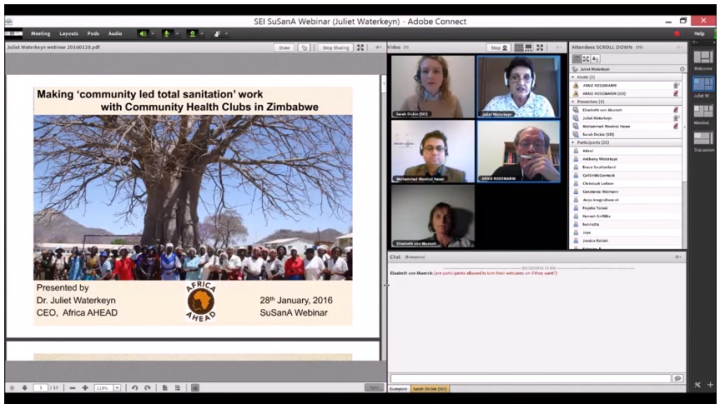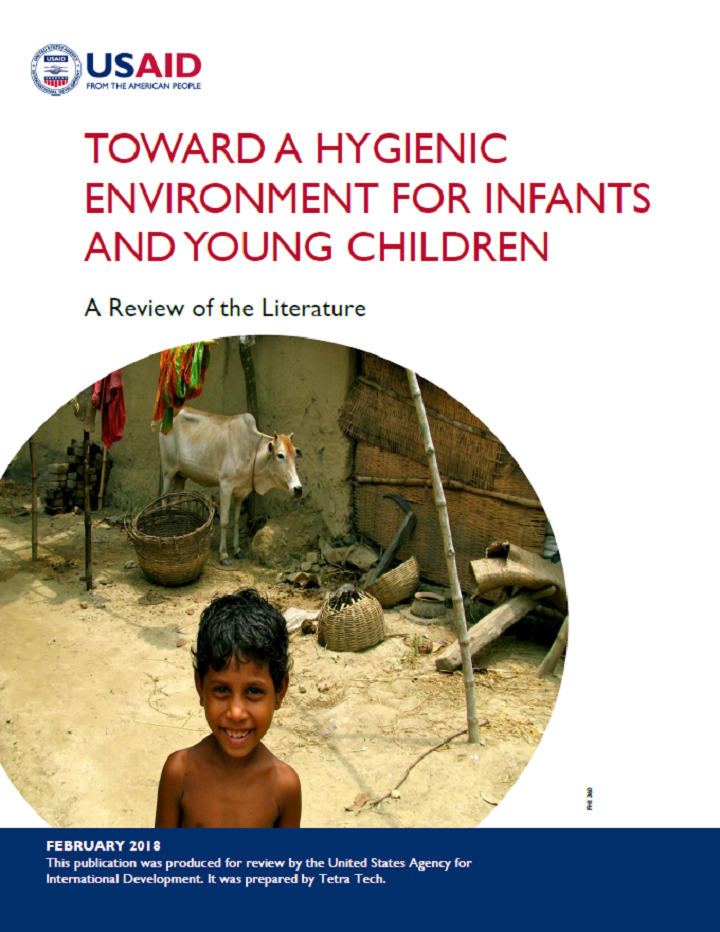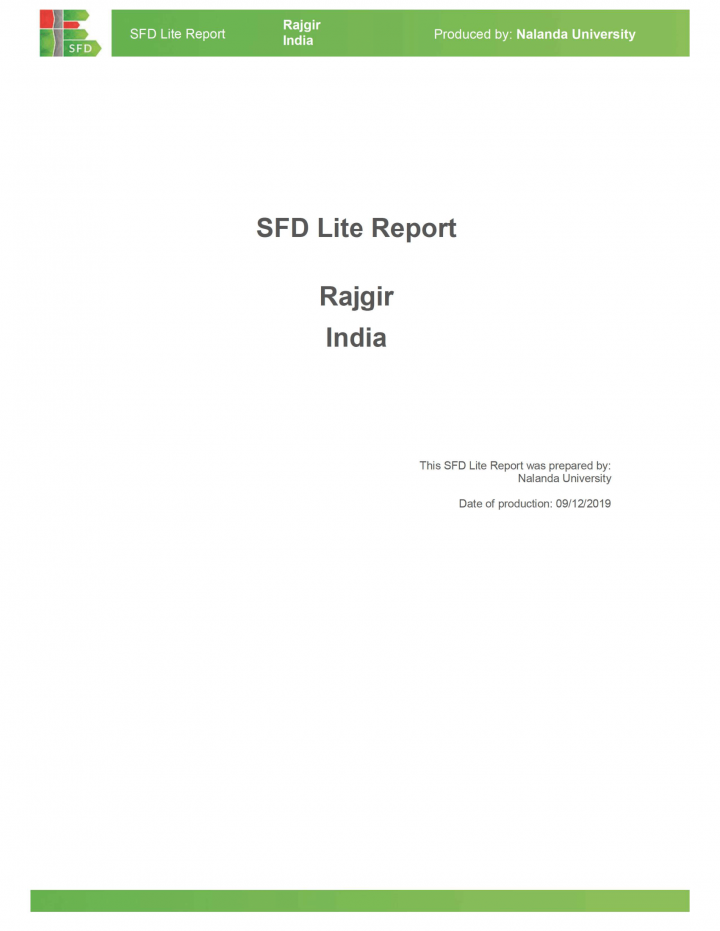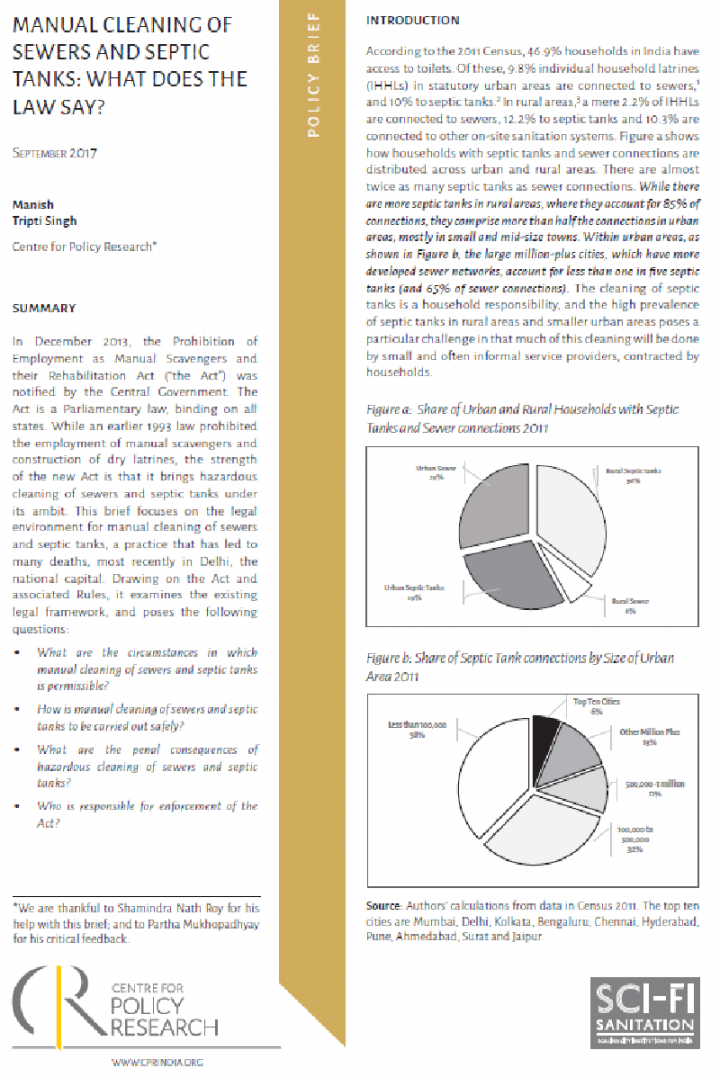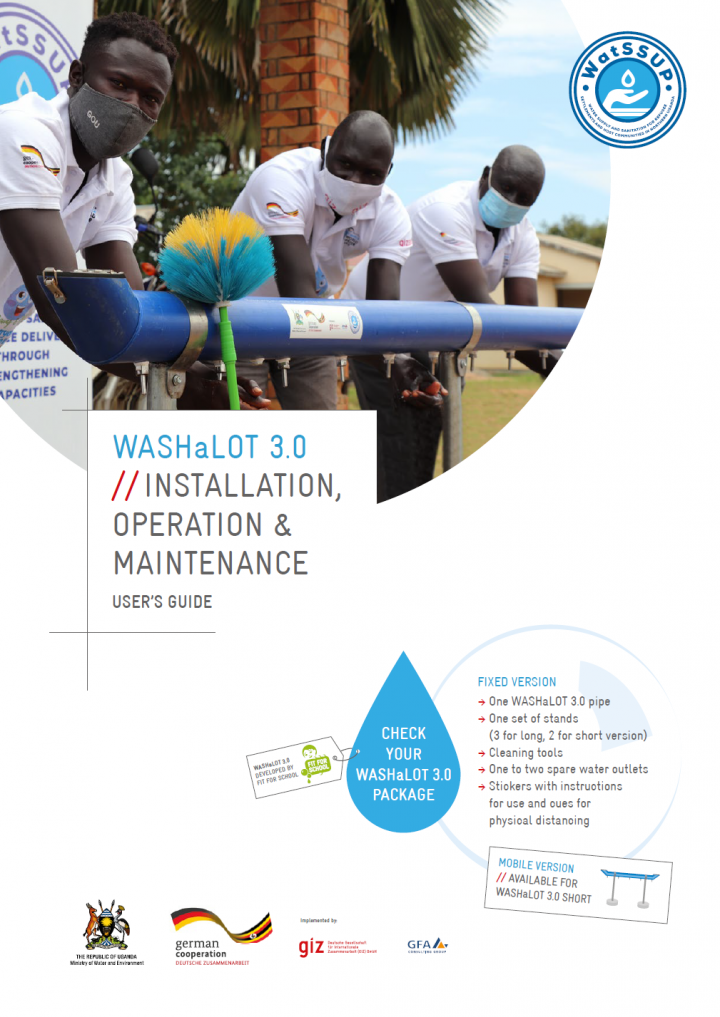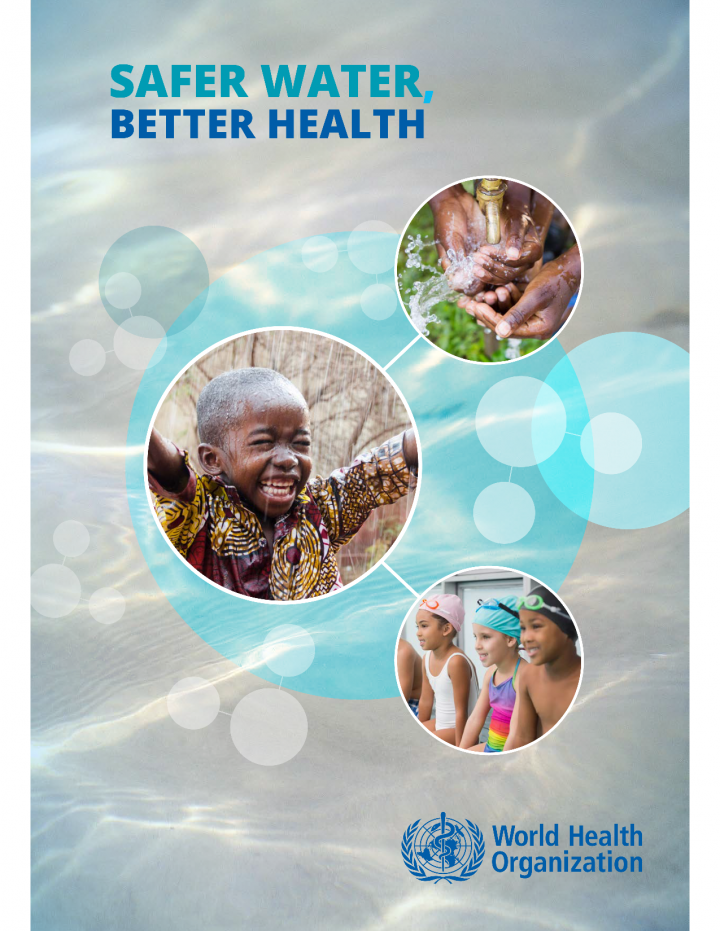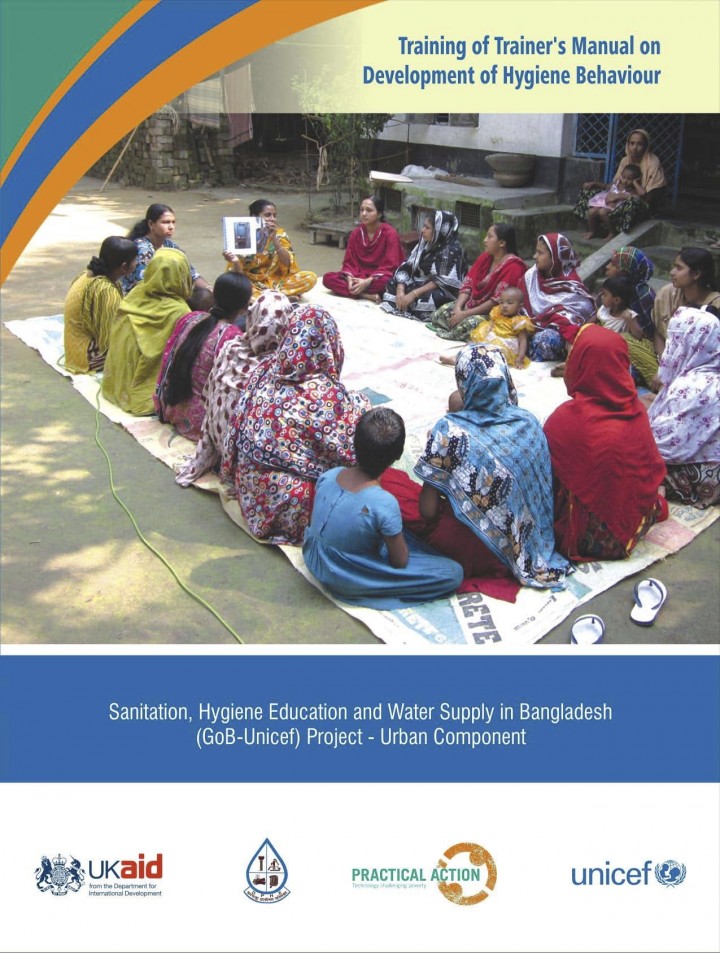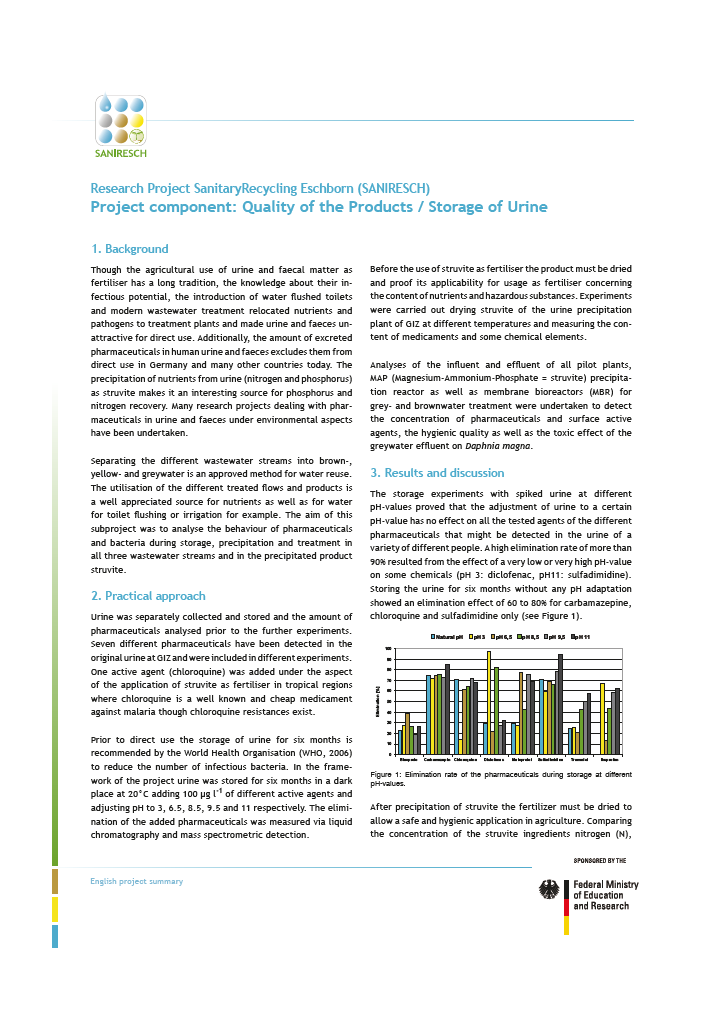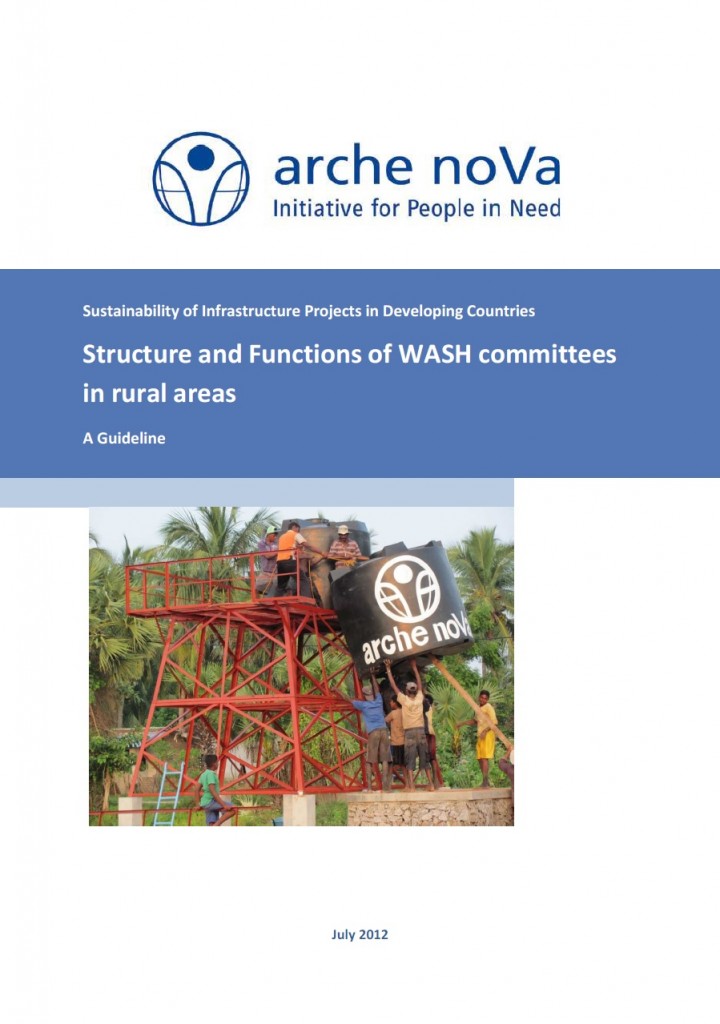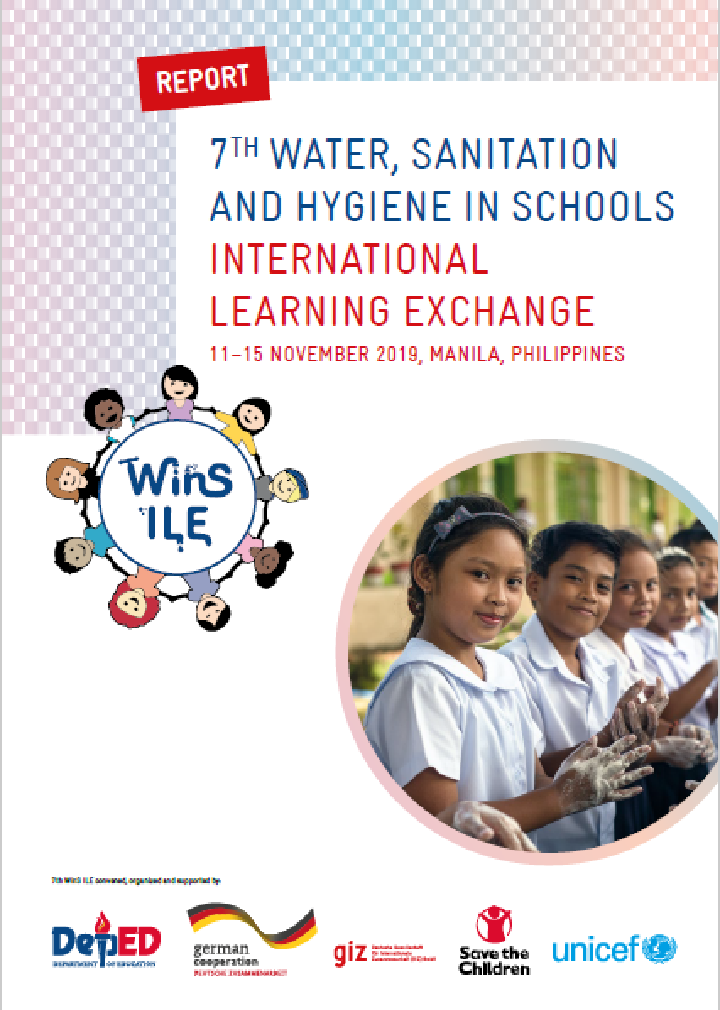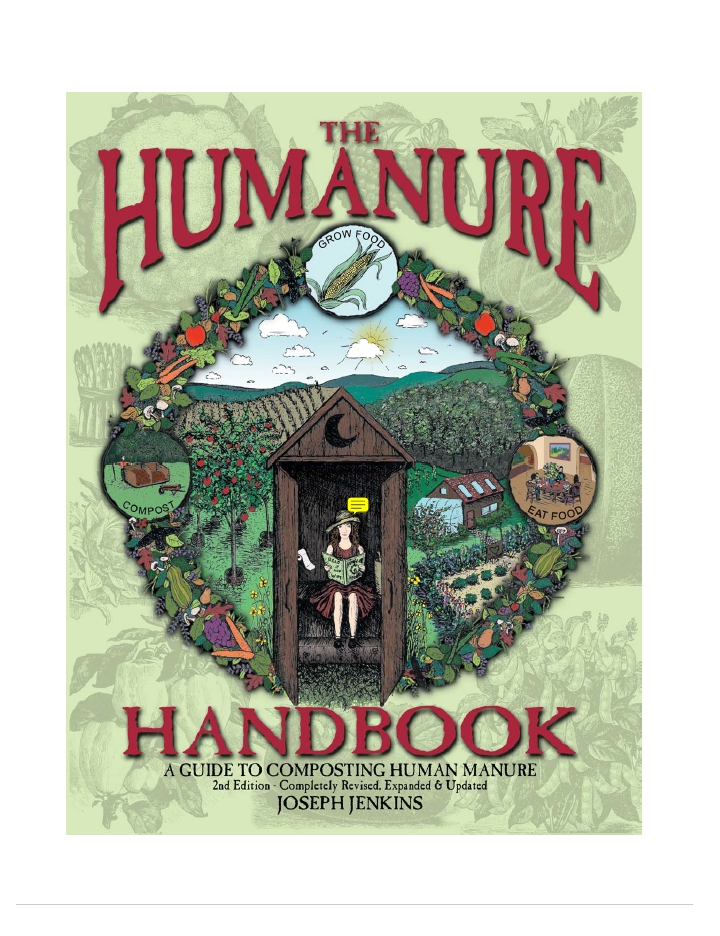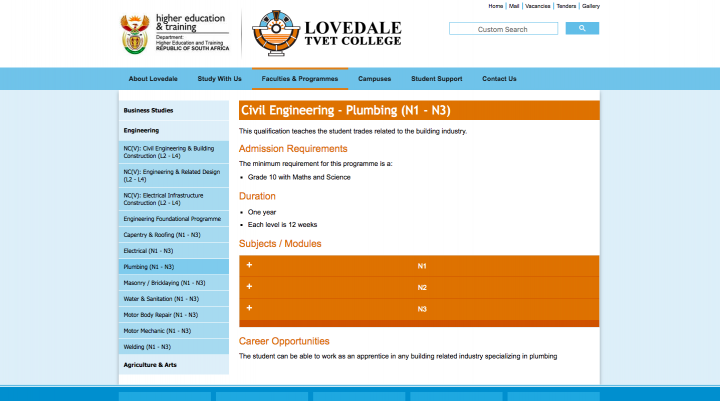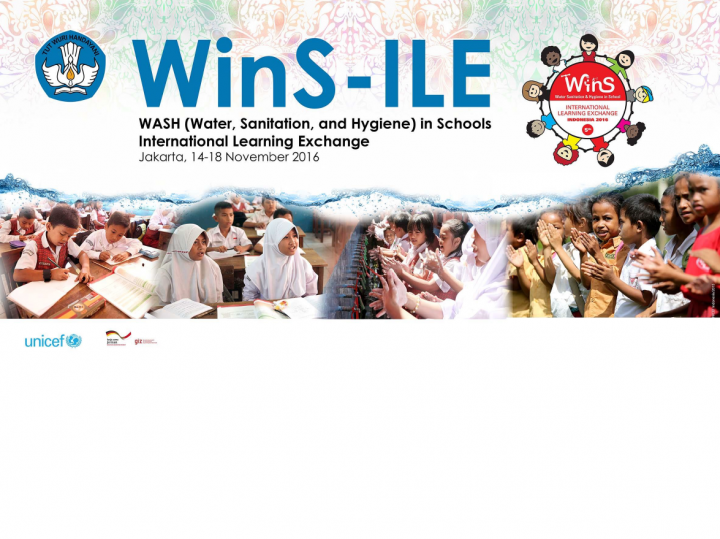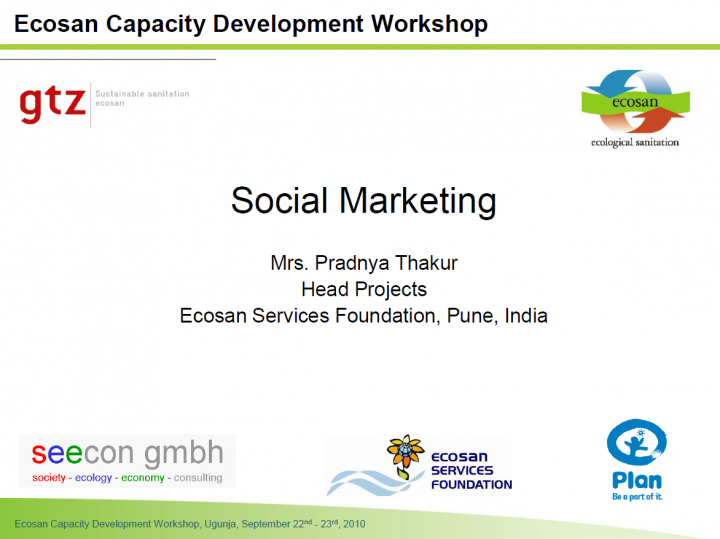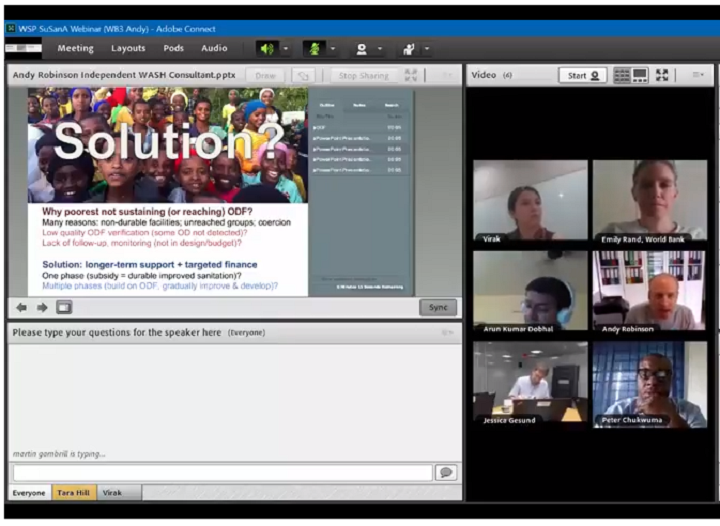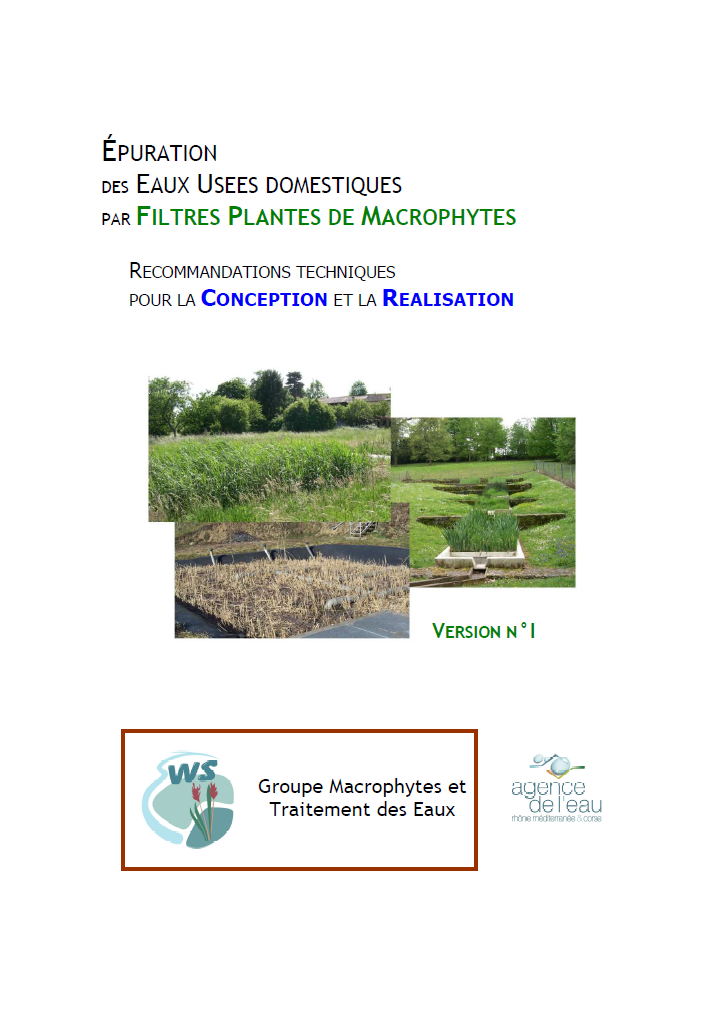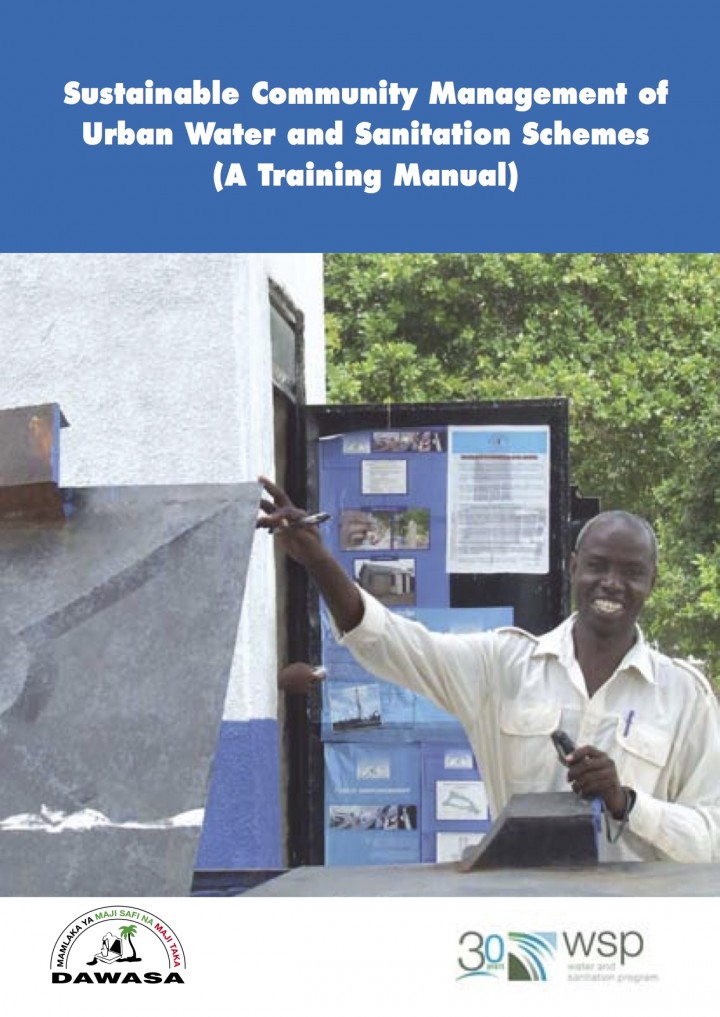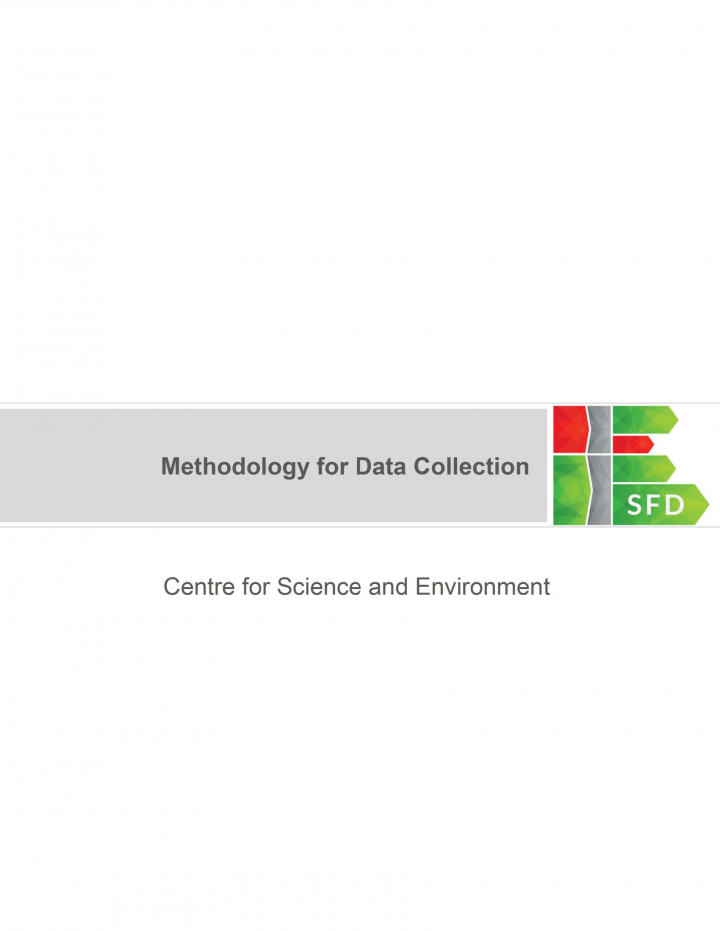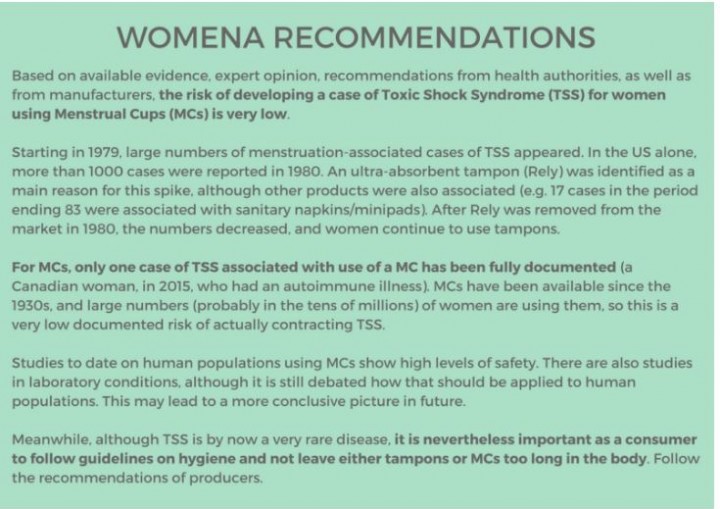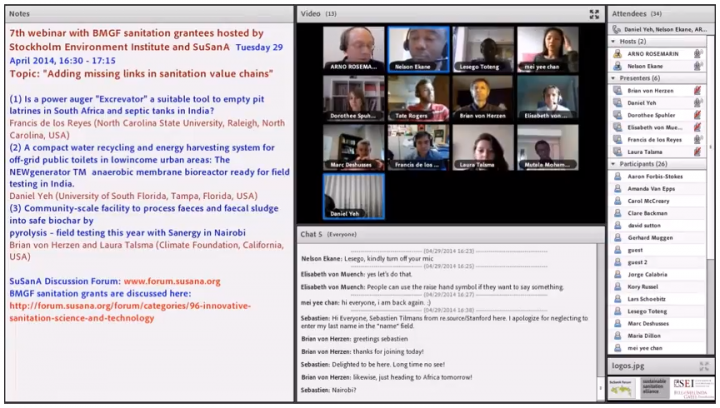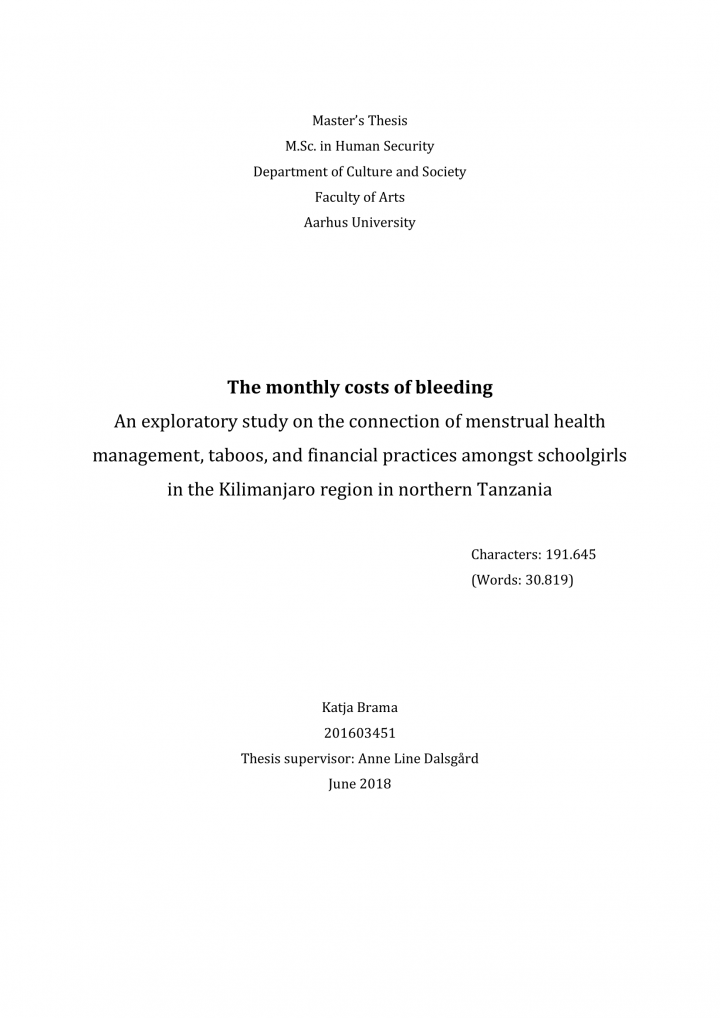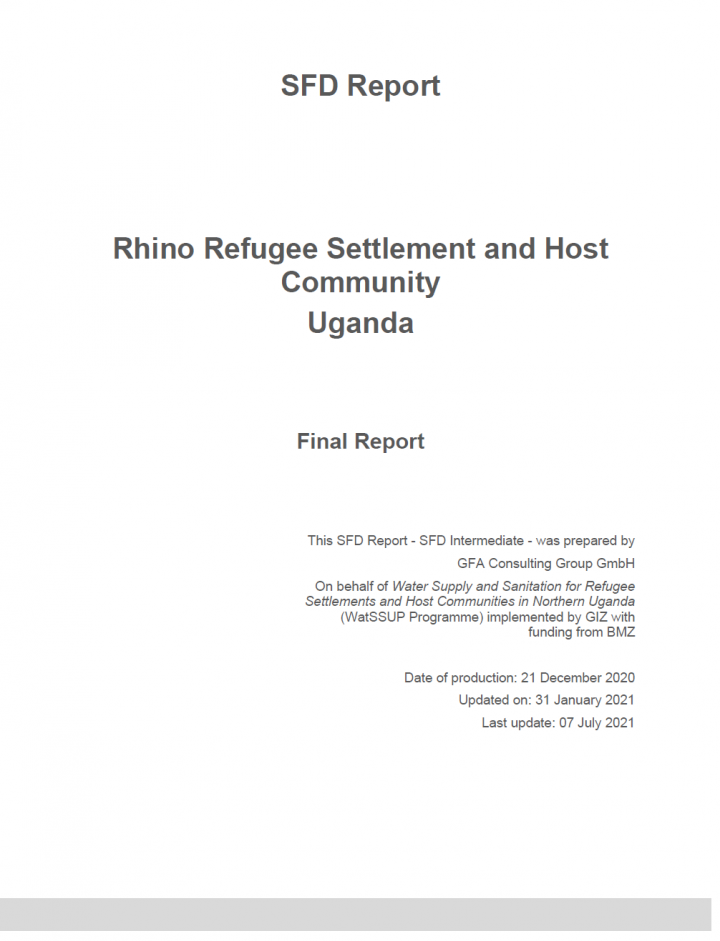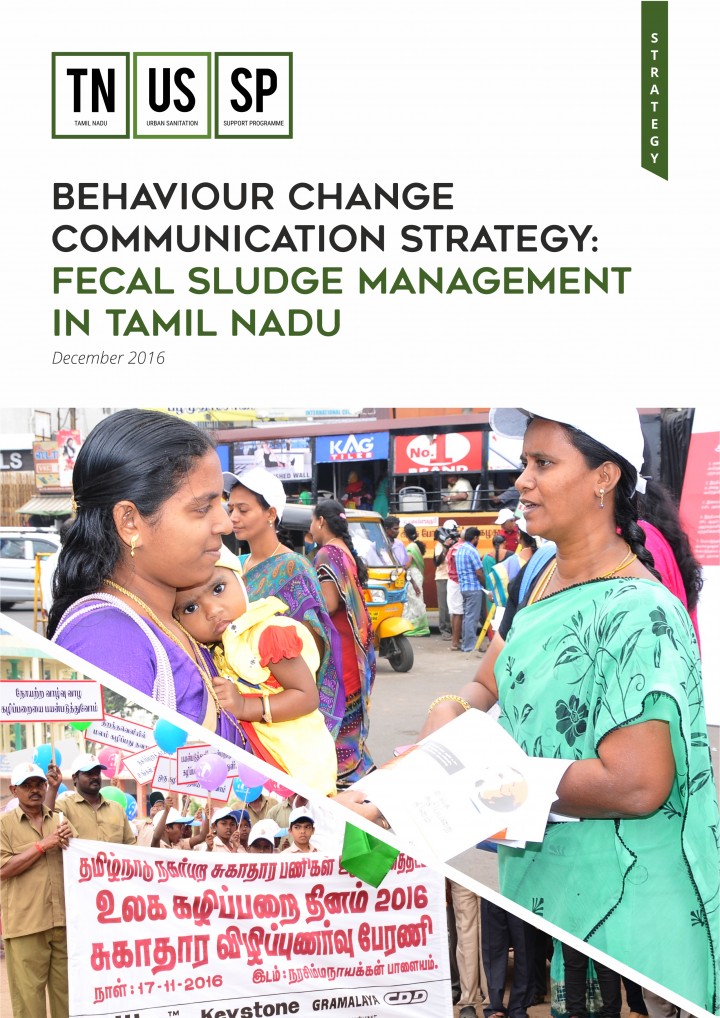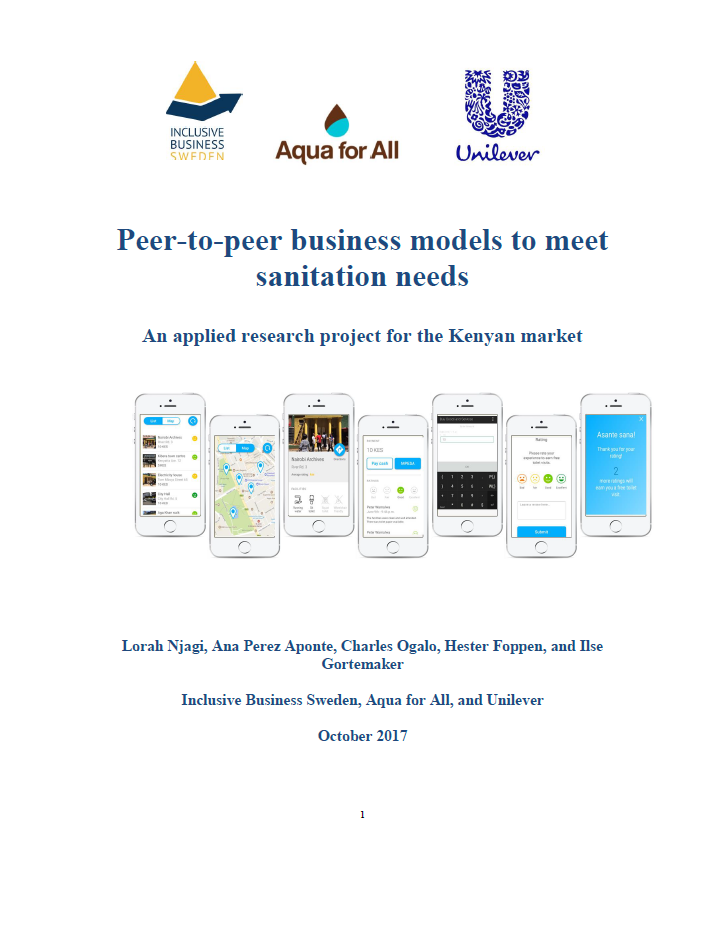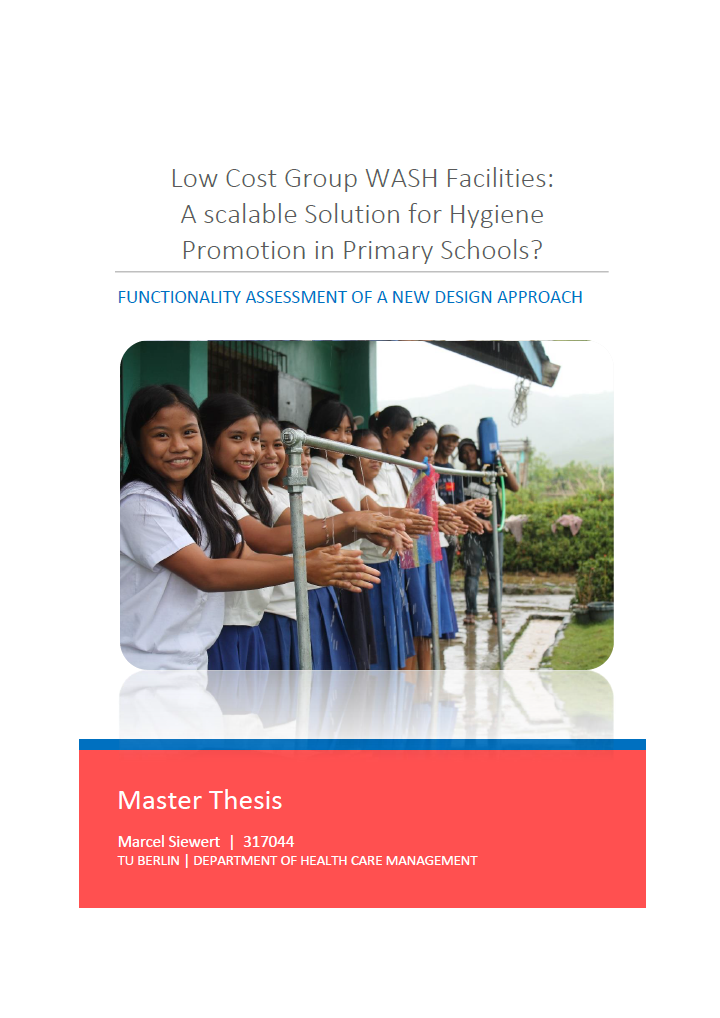Searching for information on Sanitation Workers?
The Sanitation Workers Knowledge + Learning Hub is the best source for all current news, trends, articles and updates on sanitation workers rights around the world.
Poor sanitation has serious implications for health including a large burden of diarrheal diseases, which remains the second leading killer of children under 5 globally, and a large burden of intestinal worms. Improving access to sanitation and hygiene and changing behaviours can bring not only health benefits but also many other positive changes in a community, including social, economic and …
This review synthesizes the latest understanding of key pathways of fecal microbes, in particular, enteric pathogens and soil-transmitted helminths (STHs), ingestion by Infants and young children (IYC), and the link to diarrhea, environmental enteric dysfunction (EED), and poor nutrition and development outcomes. The review is based on a thorough search of the scientific and gray literature on …
Rajgir is an ancient town within the district of Nalanda in the state of Bihar. According to Census (2011), Rajgir has a total population of 41,587 living in 7,030 households. 20% of the excreta is managed safely and 80% is unsafely managed. Approximately, 10% of the population is covered under a centralized underground sewerage network. Despite the presence of a sewer network, 60% of the …
This library entry contains several documents produced by the SCI-FI project which wa led by Shubhagato Dasgupta and funded by the Bill & Melinda Gates Foundation.
Name of lead organization: Centre for Policy Research
Primary contact at lead organization: Shubhagato Dasgupta, Senior Fellow
Grantee location: New Delhi, India
Developing country where the research is being carried out: …
As COVID response, the programme Water Supply and Sanitation for Refugee Settlements and Host Communities in Northern Uganda (WatSSUP) is supporting measures for improved hand hygiene in institutions. In cooperation with local actors the programme is implementing WASHaLOTs in Health Care Facilities, COVID-19 quarantine stations and schools in Northern Uganda.
The WASHaLOT has been first …
This report presents estimates of the WASH-attributable burden of 12 major diseases, adverse health outcomes and injuries and evidence for links between WASH and another 14 conditions that have not yet been quantified because of data limitations. Not all the health effects of inadequate WASH on the diseases assessed could be quantified, such as the wider community risks of unsafe disposal or use …
A central aim of the measures for nutrient recovery from wastewater streams is to guarantee the best possible separation between valuable substances and pollutants. It is necessary to ensure a high-quality application of the nutrients. The pollutant concentrations in the recycled products are ideally not higher than the range of the concentrations in mineral fertilisers. This aspect will be …
WASH in Schools (WinS) is a key element of universal access to both Education for All and WASH for All as defined in the Sustainable Development Goals (SDGs). Schools are important settings to provide environments where children learn and acquire essential hygiene skills for life; and where their health growth and overall development thrive in dignity.
“Human waste” is a term that has traditionally been used to refer only to human excrements, namely fecal material and urine, which are by-products of the human digestive system. When discarded, these materials are colloquially known as human waste. When recycled for agricultural purposes, however, they’re known by various names, including night soil (when applied raw to fields in Asia) and …
The mission of Loveland TVET College is to produce high quality products and have a visible impact on social and economic development by:
- offering programmes of international standard, through the formation of strong linkages with key stakeholders and focusing on the holistic development of learners; and
- being a well-capacitated, accessible, credible, and self-sustaining TVET College, …
On 14 - 18 November 2016, 160 Experts from 16 Asian countries came together in Jakarta to exchange their experience regarding innovative WASH in Schools (WinS) approaches. The 5th WASH in Schools International Learning Exchange (ILE), was hosted by the Ministry of Education and Culture of Indonesia – with support from UNICEF and GIZ.
The conference concluded with a general agreement among …
Two ecosan workshops in Kenya, "ecosan Capacity Development Workshop" in Ugunja and "ecosan Vision workshop" in Nairobi, were organised and financed by the GTZ Program on sustainable sanitation - ecosan and the facilitating consultants Laura Kraft (freelance), Martin Wafler, Johannes Heeb (both seecon gmbh, Switzerland) and Ms. Pradnya Thakur (Ecosan Services Foundation, India). The main aim was …
The aim of this capacity building programme is to improve the ef ciency and positive impact of urban, community-managed water and sanitation schemes. The manual was originally developed in collaboration with the Dar es Salaam Water and Sewerage Authority’s (DAWASA) Community Water Supply and Sanitation Program (CWSSP); but some of the material is applicable to other urban communities who may …
WOMENA RECOMMENDATIONS
The risk of developing Toxic Shock Syndrome (TSS) for women using Menstrual Cups (MCs) is very
low.
In 1979-80, large numbers of menstruation-associated cases of TSS appeared. In the US alone, more than 1000 cases were reported in 1980. An ultra-absorbent tampon (Rely) was identified as a main reason for this spike, but many other products were also associated, for …
"Adding missing links in sanitation value chains" - a discussion with three Bill & Melinda Gates Foundation grantees. Hosted by: Stockholm Environment Institute and the Sustainable Sanitation Alliance (SuSanA) on 29 April 2018.
This webinar has been recorded in 5 parts. This video clip contains Part 1, which is an introduction by Arno Rosemarin. To watch part 2-5 please go to links …
Both in the area of sexual and reproductive health and in development cooperation projects, the issue of menstruation has long been neglected. Recently, the combination of menstrual health and improvements in education has gained popularity. In particular, NGOs and corporate social responsibility departments in companies producing and selling menstrual products are showing increased commitment. …
Rhino Refugee Settlement is in the North-West Nile Region of Uganda. The settlement covers an area of approximately 225 km2 and stretches over parts of Odupi, Omugo, and Uriama sub-counties (Terego District) and extends into Rigbo sub-county in Madi-Okollo District. The settlement is divided into ten zones and has 42 villages. It is important to understand that Rhino refugee settlement is not a …
In Tamil Nadu, currently, a range of behaviour deficits exist along the full cycle of sanitation at the stages of access, containment, emptying, transport, treatment and re-use/disposal. However, communication strategies in the sanitation sector have been largely limited to promoting hygiene behaviours such as handwashing or stopping open defecation by promoting the use of toilets. While these …
Uber, the world’s largest taxi company, owns no vehicles. Airbnb, the world’s largest accommodation provider, owns no real estate. Peer-to-peer (P2P) business models such as these have achieved scale globally, and relatively quickly. These P2P business models provide an organised way for us to collectively share certain resources. Could similar solutions reduce the barriers to sharing of the …

